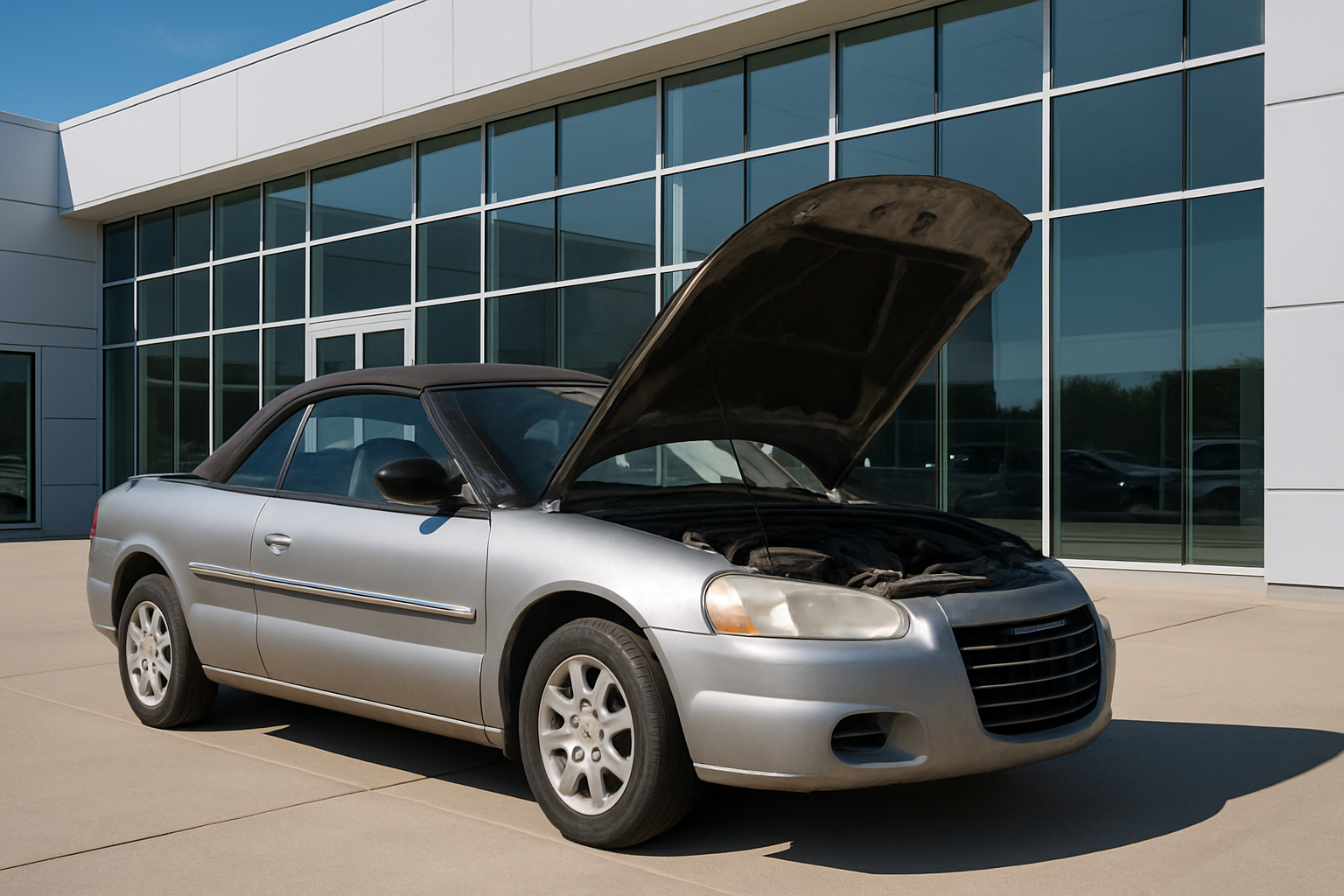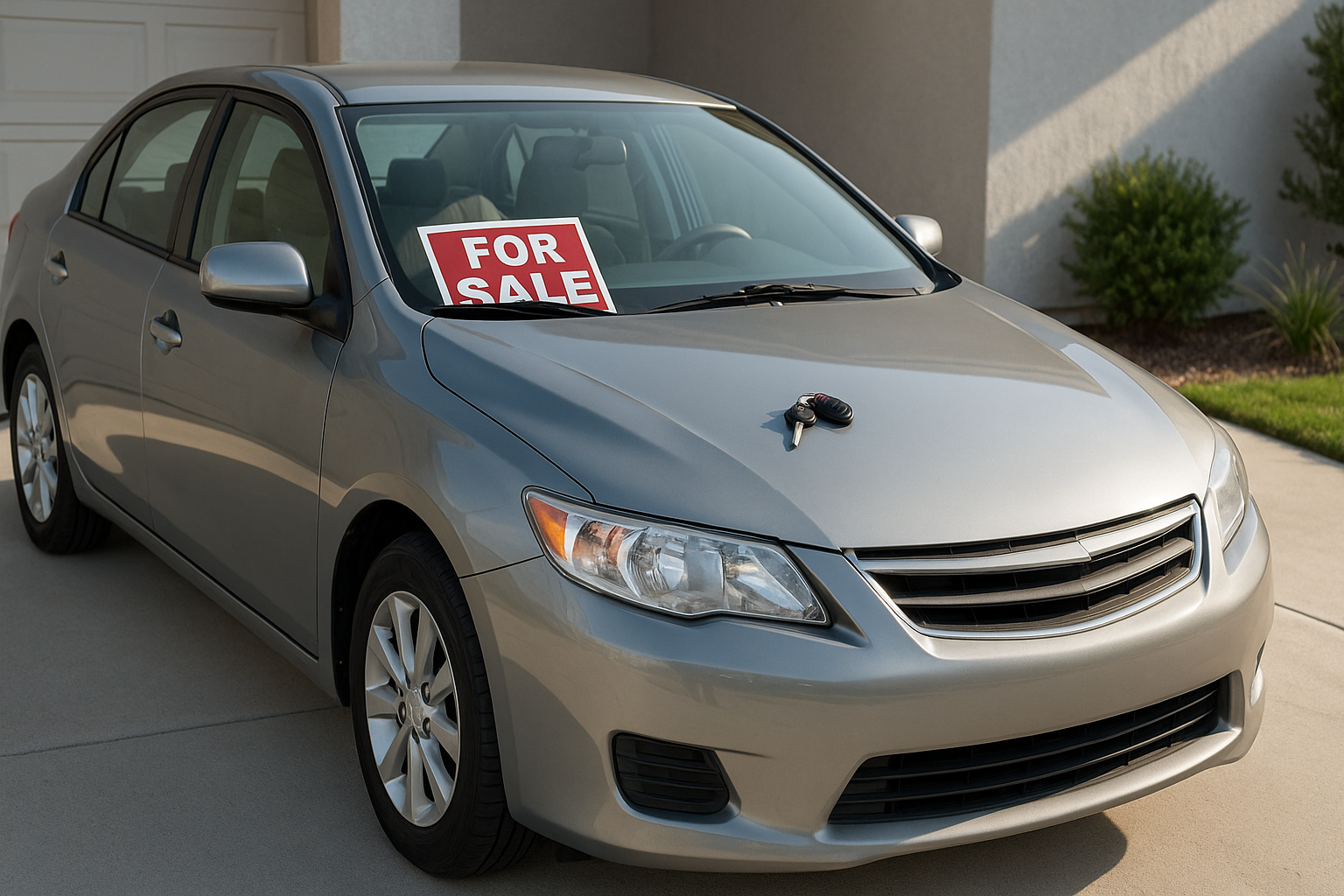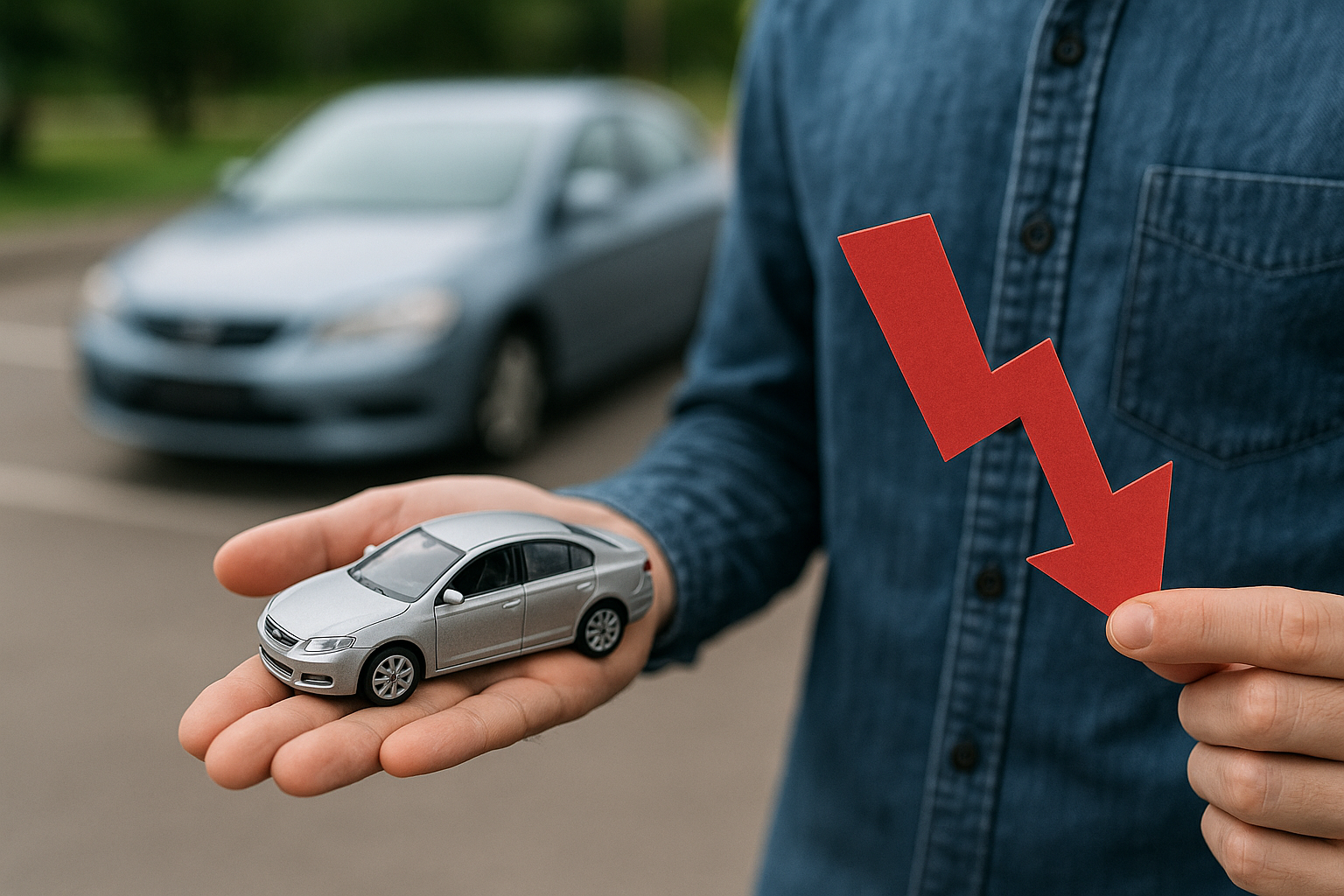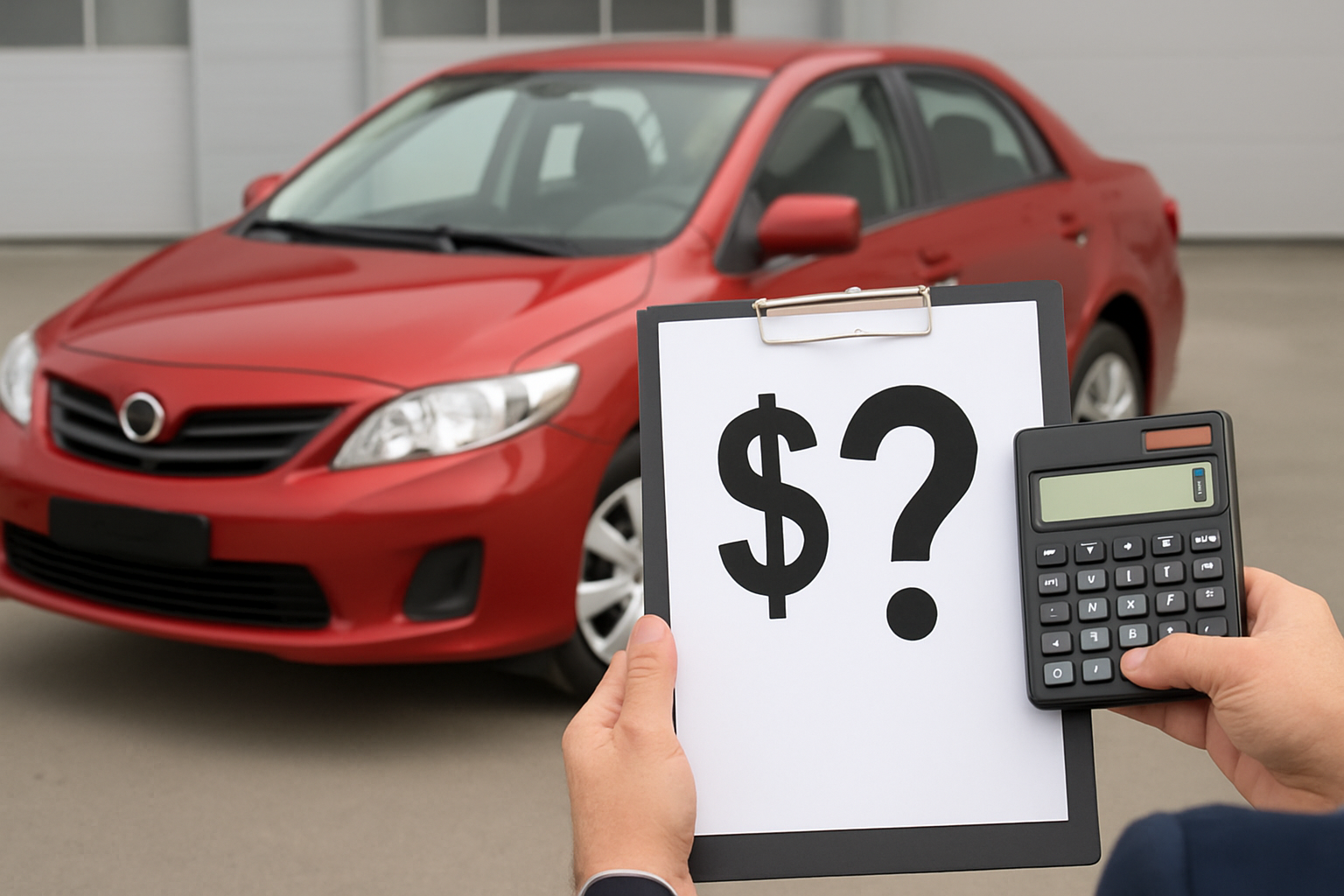Deciding to sell your car directly to a dealership can be an appealing option for many, offering a straightforward and often quick transaction. This alternative eliminates the need for private sales, where negotiating with prospective buyers can extend for weeks. Understanding the ins and outs can transform this process into a convenient process, beneficial for both seller and buyer.
Preparing Your Car
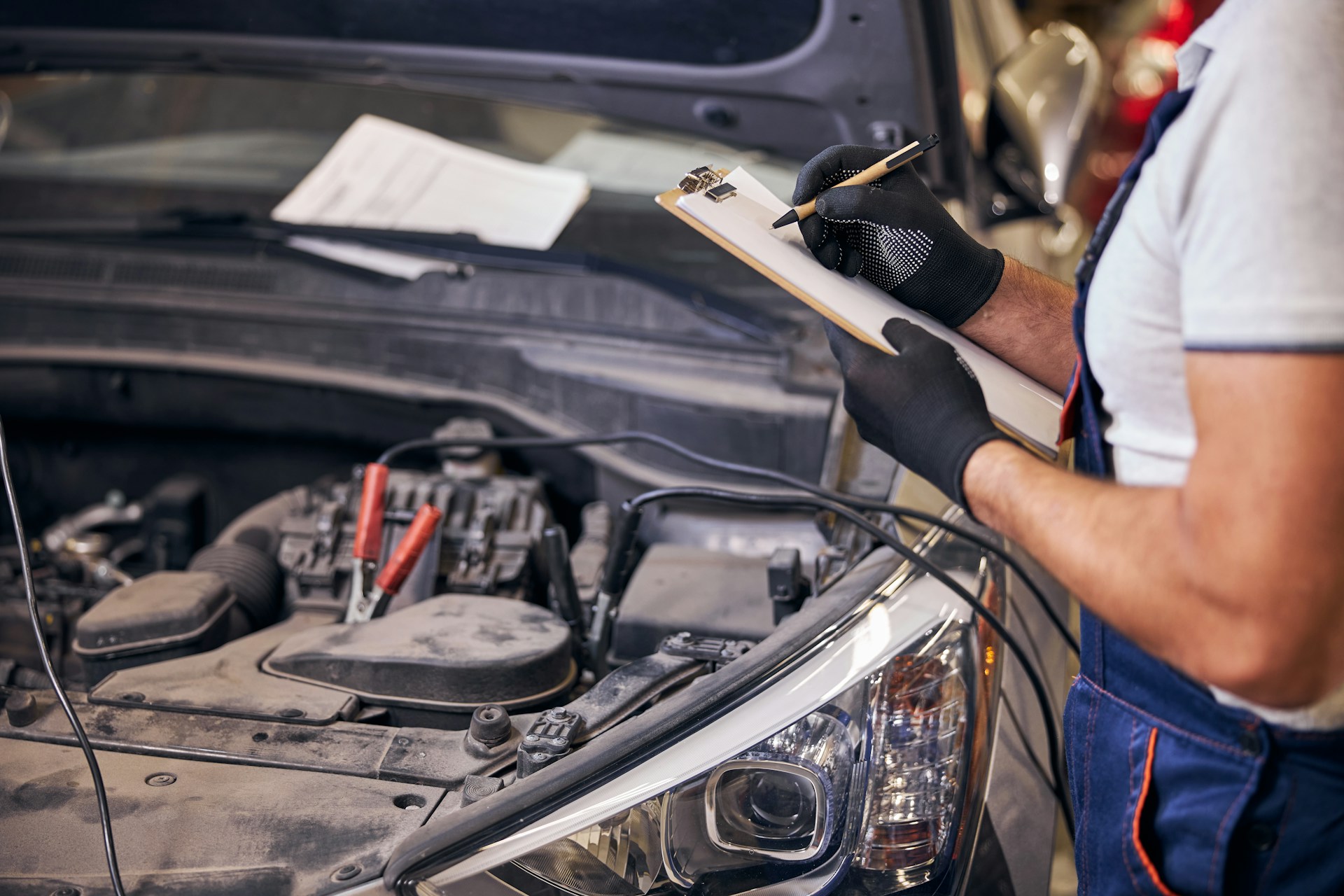
Before approaching a dealer, ensure your vehicle presents its best self. This means thorough cleaning, minor repairs, and making sure all valuable accessories are intact. A well-maintained car can significantly increase the offer you receive, as the appearance and functionality directly influence the car’s appraisal value. Additionally, consider the mileage and the service history, as these are critical factors for dealers. Detailing the car to enhance its appearance and ensuring all repairs are completed can make a significant difference. Whether it's a popular brand or a less common one, the way you present your vehicle can impact the dealer's offer. Always provide potential buyers with the opportunity to test drive, as this can significantly increase their interest. In the vehicle market, every detail matters, from the car's condition to its history and brand.
Researching Your Car's Value
Knowledge is power. Research your vehicle's market value to understand what offers are reasonable. Utilize online tools to gauge the trade-in value based on factors like make, model, year, and mileage. Having a ballpark figure will make you more confident in negotiations and prevent undervaluing your car. Extend your research to include various sources to ensure accuracy and consider the vehicle's condition and market demand. Familiarize yourself with the financing options available, as they can influence the buyer’s offer. Shopping around for easier ways to compare prices can provide valuable insights, and ensure access to the best possible deal. Knowledge of the dealers’ buying practices can also help determine a fair price for your vehicle.
Getting Your Paperwork Ready

Gather all the necessary documents ahead of time. This includes the car's title, maintenance records, and any other relevant paperwork. Having these ready streamlines the selling process, showing the dealer you are organized and serious, potentially speeding up the transaction. Additionally, compile a detailed report of the vehicle's history and any repairs or upgrades. This can strengthen your position when negotiating with dealers, especially when dealing with used cars. Remember, many dealers will assess the completeness and accuracy of your documentation when evaluating your used vehicle. A well-documented service history can enhance the trade-in value, as it reassures the buyer of the car's reliability and maintenance.
Mistakes to Avoid When Selling a Used Car to a Dealership

Don’t rush the sale without proper research or accept the first offer. Avoid presenting a poorly maintained vehicle or forgetting essential documents. Such oversights can decrease the vehicle’s value or complicate the sale. Being informed and prepared makes you a more formidable seller. Neglect the temptation to bypass necessary repairs for your used car, as visible problems could reduce the offer from the dealership. When deciding to sell, visit a local dealership to understand their criteria. Additionally, not comparing offers from different shops can result in a less advantageous deal. Ensure your used vehicle is in the best possible condition and seek multiple evaluations to maximize its trade-in value.
Pros and Cons When You Sell Your Car to a Dealership
Selling to a dealership saves time and eliminates the hassle of private sales. However, you might not get as high an offer compared to a private sale. Dealerships need to make a profit, influencing the cash value they can offer you. Yet, trading in can offer savings on sales tax when purchasing a new car, balancing the scales somewhat. On the other hand, be prepared that the offered price may not always align with your expectations or needs, especially if trying to lower monthly payments for a new purchase. Dealers' proposals, although instant, might not reflect the full market value of used cars, unlike private sales, where you can potentially negotiate better terms. Remember, the convenience of dealership transactions often comes with a price, and evaluating this trade-off is an essential part of the process.
Effective Strategies for Selling Your Vehicle

To maximize the deal, obtain multiple offers from various dealerships. This competition ensures you get a better deal. Also, be clear about your car’s positives but honest about its flaws. This transparency builds trust and can lead to a better offer from the dealer. Furthermore, consider the timing of selling your car to a dealership; market demand for certain types of vehicles can fluctuate, influencing the offers you receive. Establish clear communication regarding payment terms to avoid misunderstandings. Researching and understanding these aspects can significantly impact the final deal. When you decide to proceed, ensure all negotiations and agreements are in writing, providing a clear record and avoiding future disputes. Remember, selling your car involves both parties agreeing on a fair value, so patience and preparedness are key.
Summary
Selling your car to a dealership can streamline the transition to your next vehicle, offering a balance between convenience and value. With the right preparation, research, and negotiation tactics, you can ensure a smooth and profitable sale. Adopting a strategic approach when interacting with dealers enhances your chances of securing a favorable agreement. Don’t hesitate to explore different dealerships to compare offers. This comparative analysis can lead to a better deal and more satisfying terms. Always maintain a professional demeanor and clear communication during negotiations. Ultimately, selling your car requires a blend of patience, diligence, and informed decision-making to achieve the best possible outcome.
Tips and Q&A
-
Can I Sell My Financed Car to a Dealer?
Yes, you can sell a financed vehicle to a dealer. However, if you owe money on a loan, the dealer will typically pay off the loan as part of the transaction. Any equity can be used towards your next purchase or returned to you in cash. Be sure to obtain a payoff quote from your lender and present this to the dealership to ensure all debts are cleared accurately. Additionally, it's important to coordinate between the dealer and your finance company to handle the transfer of ownership and loan closure seamlessly.
-
Can I Return a Car I've Sold to a Dealership?
Once the sale is finalized, the vehicle is typically considered the dealer's property, and returning it is not an option. Make sure you are certain about your decision before completing the sale. If you have doubts or second thoughts, it's essential to address them before finalizing the transaction, as most agreements with dealerships are binding once signed. Always review the sales contract and terms carefully to ensure you fully understand the commitments and conditions before proceeding.
-
Do You Get More Money for Trading In Your Car or Selling It?
Generally, you might get more money from a private party sale than trading in at a dealership. However, trade-ins can be more straightforward and may offer tax advantages, reducing the overall cost of purchasing a new vehicle. The actual value you receive can depend on various factors, including the condition of your car, market demand, and negotiation skills. Selling privately might yield a higher price but requires more effort, such as advertising, meeting with potential buyers, and handling paperwork, whereas trading in provides a faster, more convenient transaction.

